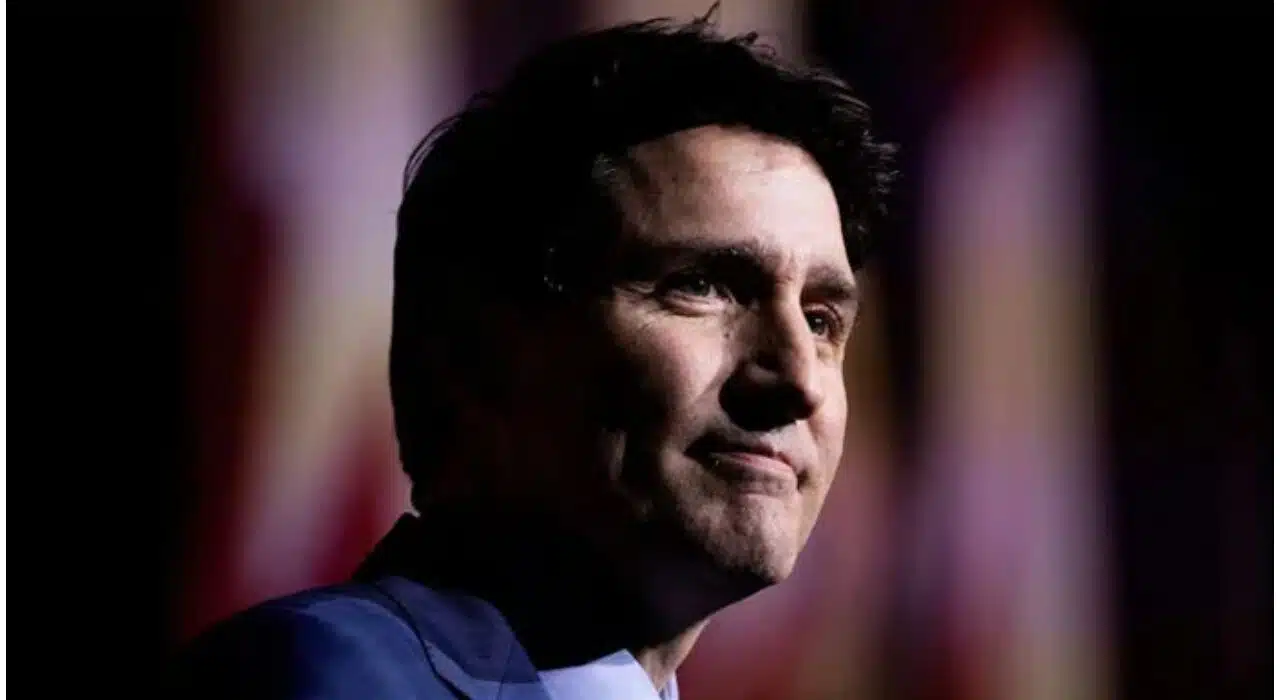Prime Minister Justin Trudeau shocked Canada when he announced his resignation as leader of the Liberal Party. The prime minister, who has been leading the country since 2015, said he would remain in office until the party selects a new leader. His exit marks the end of almost a decade of Liberal dominance, and it raises questions about the nation’s political future.
Under mounting criticism, Trudeau confirmed he has asked the governor general to prorogue Parliament. This freezes all parliamentary proceedings – including debates and votes – until March 24, just days before a key vote on government funding, set to take place on March 28.
Justin Trudeau speaks on his resignation as Canadian Prime Minister
Speaking to the nation, Trudeau described the leadership transition process as “robust, nationwide, and competitive.” He sounded confident by saying, “I am excited to see the process unfold in the months ahead.”
Potential successors are already in the spotlight. Former finance minister Chrystia Freeland, Transport Minister Anita Anand, and former central banker Mark Carney are considered to be leading contenders for the top job of the Liberal Party. In particular, Freeland is considered a strong candidate due to her economic expertise and leadership during trade negotiations.
Meanwhile, the Conservative Party, led by Pierre Poilievre, has made some serious gains in the recent polls. Experts believe that if elections were held today, the Conservatives would win hands down, a clear indication of increasing discontent with the Liberal government.
Trudeau’s resignation comes at a critical time for the Liberals, with a federal election looming on the horizon. The transition will test the party’s ability to regroup and reconnect with voters, as Canadians await answers on leadership and policy direction.
Also, see: PM Modi to inaugurate 18th Pravasi Bharatiya Divas on January 9

2 Comments